Every time I return from a short hike, Roxie is sitting at her guard post where she can see out the large windows that flank the stone fireplace. No one’s getting away with anything on her watch.
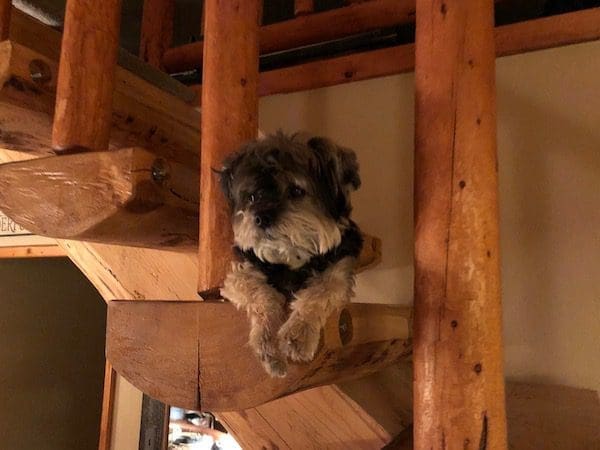
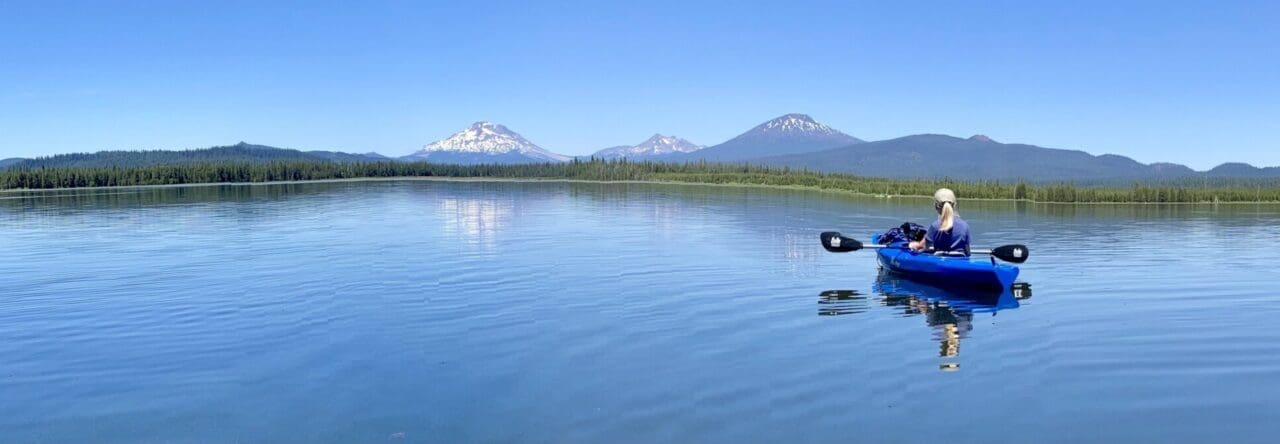
Every time I return from a short hike, Roxie is sitting at her guard post where she can see out the large windows that flank the stone fireplace. No one’s getting away with anything on her watch.

A cousin told me about her widowed friend who was just beginning to open her heart to the thought of a new love. This woman prayed, “Lord, if you want me to remarry, you’ll have to drop him in my lap.”
While buckled into an airplane, reading and ready for take-off, someone took the seat next to hers.
Someone named Mike sent an email yesterday:
You really macgyvered that situation!
At first I thought it was a typo. But then …
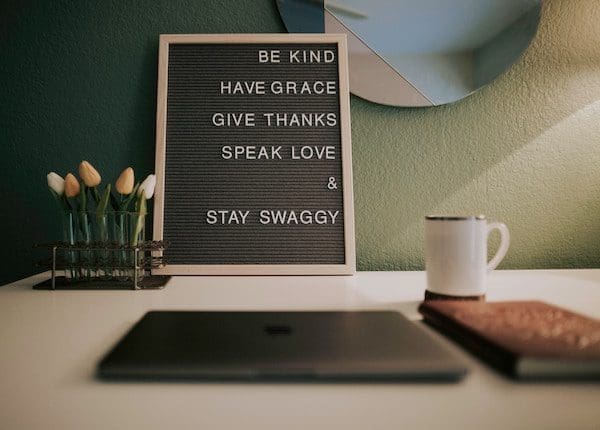
Ryan and Katie were living in Malawi when Katie got the call. There’d been an accident. A car hit a pothole while speeding and crashed headlong into a small lorry that Ryan was driving.
Katie didn’t know until she reached the hospital that her husband had died at the scene of the accident. She collapsed to the ground, sobbing and screaming.
There were always several hands in the air during the Q&A. The freshmen were my favorite. “Ooh, me, me! Pick me!” So full of enthusiasm and hope. Surprisingly attentive.
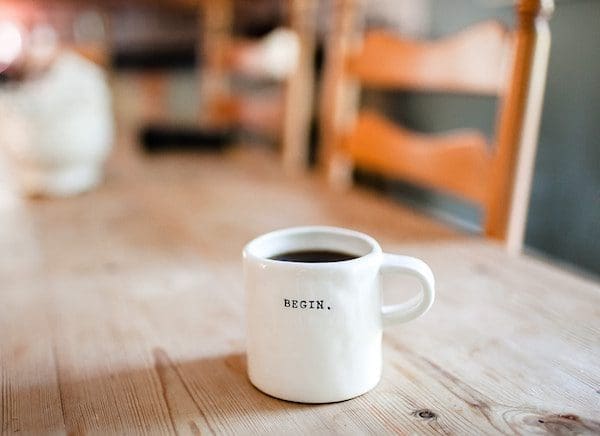
A few years back, my husband and I started a tradition of making memories with one grandchild at a time for a full week. This past week was eleven-year-old Lydia’s turn.
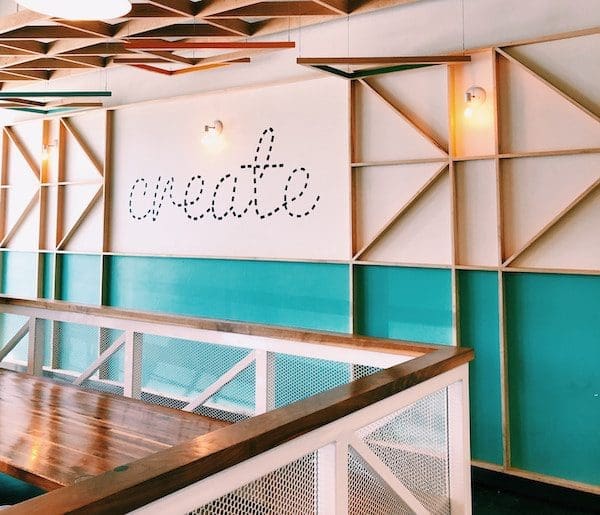
Heading across a snowy meadow and into the trees on the return loop, there were two trail options. But no signage.
I knew all routes led back to Mt. Bachelor, but I wasn’t sure which one was the shortest. And the shortest seemed the most important at the moment … because there was a thick cloud bank rolling in from the west.
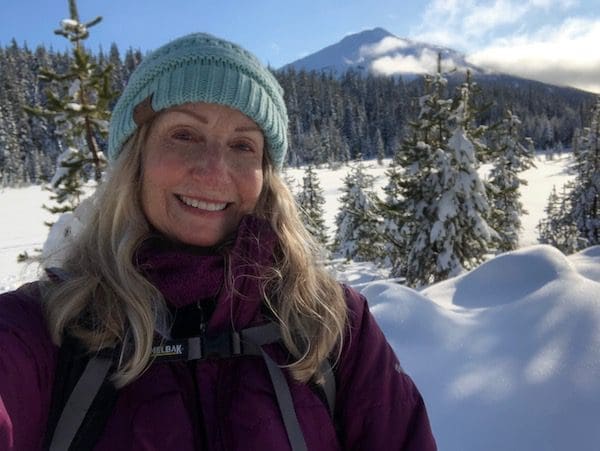
A mobile shower unit, designed to provide showers for homeless clients, was purchased by Foundry Church in Bend, Oregon. But it was in disrepair.
That’s when Tom and Tricia Stutheit took over the administration of the truck and recruited Dan Lawry, a retired electrician, mechanic, and general tinkerer, to contribute his expertise.
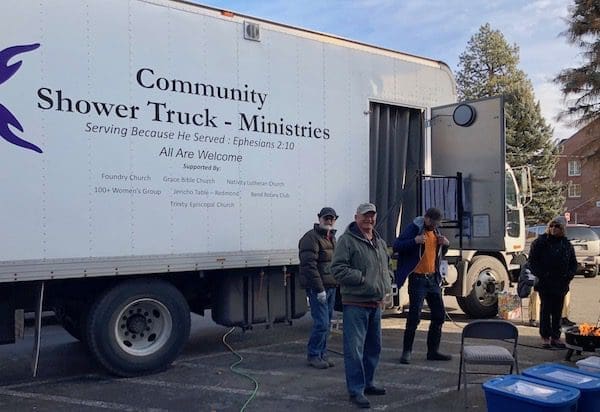
It’s been five years since my husband Gary left this tilting, whirling globe for a cancer-free, no-pain, zero-stress life in heaven.
My grief is long gone. In its place, there are movie reels of contagiously fun adventures that unfolded during the cancer years. In living color.
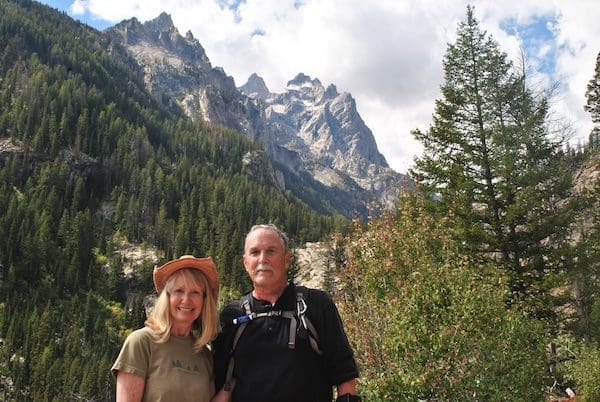
Several dark mornings a week—during the final months of my husband’s life—I woke up with a rather large sumo wrestler standing over me, pulling my stomach into a tight knot of anxiety.
Worry over the thought of widowhood. Concern about our financial situation and how I could afford to stay in the small rental solely on my salary.
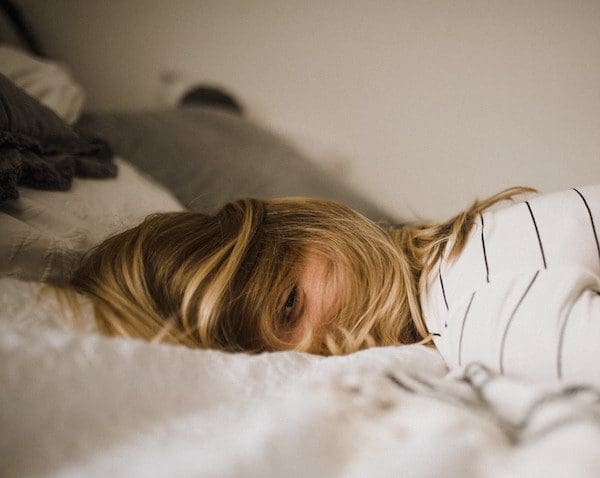
Copyright © 2026 Marlys Johnson